Dr. Moretta Performs the 100th Ablation on a REAL-AF Study Participant
Dr. Moretta and our team here at Sarasota Memorial Hospital are very excited to be a part of an important, ongoing study known as REAL-AF. In conjunction with our partners at Biosense Webster, a leader in catheter ablation technology, the study aims to follow 8000 patients from pre-ablation through one-year post-procedure. The goal is to understand the outcomes of radiofrequency catheter ablation more clearly and to understand its consequences, effectiveness, and safety.
RF ablation is the procedure where we apply heat to destroy malfunctioning heart tissue, and we usually employ it if lifestyle changes and medications have not been suitable or effective. In the image you see below, Dr. Moretta performed the 100th ablation as part of the study on a patient suffering from paroxysmal Afib, which means that it randomly comes and goes. This is usually the earliest manifestation of Afib and the best time to treat it. If left untreated, it can develop into persistent Afib, for which treatment is less predictable.
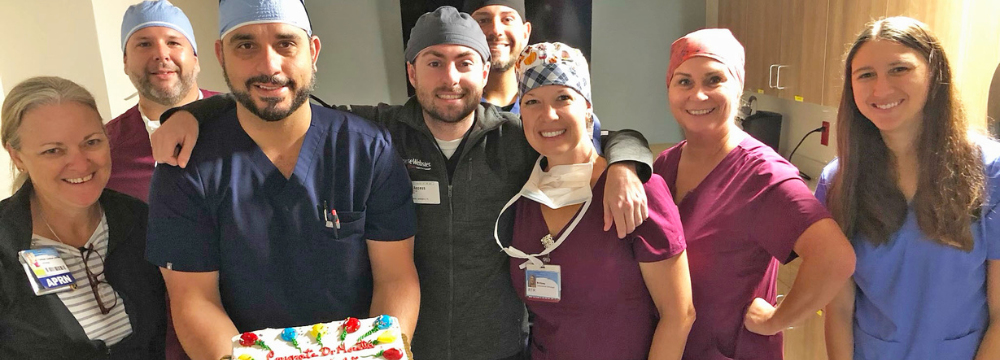
How Does a Plant-Based Diet Affect Atrial Fibrillation (Afib)

Dr. Michael Greger, the prolific author of nutritionfacts.org, recently put together an excellent video on the potential benefits of a plant-based diet for preventing Atrial Fibrillation (Afib) and potentially managing the cardiovascular conditions and risk factors that hasten the onset or worsen existing Afib.
Studies show that fatty foods, typically red meats, animal products, and even dark meat fish like salmon, tuna, swordfish, and others, can cause or worsen Afib. So even though some animal products are touted as very healthy, they may not be conducive to eliminating arrhythmia.
How Coffee Subtypes Affect Heart Disease & Arrhythmias

It’s almost impossible to think of a world without coffee. It seems like there’s a coffee shop on every corner. That said, coffee has, in the past, been implicated in health issues ranging from heart disease to cancer. However, while some cardiovascular specialists have warned their patients about coffee and caffeine, new studies have shown that this may not be the end of the story. Studies before the one we are discussing today have shown that caffeine does not seem to have an appreciable effect on cardiovascular disease or arrhythmias, including Afib. There have been studies that show the protective benefits of coffee to the heart. Of course, how do we know if these benefits are produced by the caffeine or the dozens of other compounds that make up coffee?
A Tour of Our Electrophysiology (EP) Lab
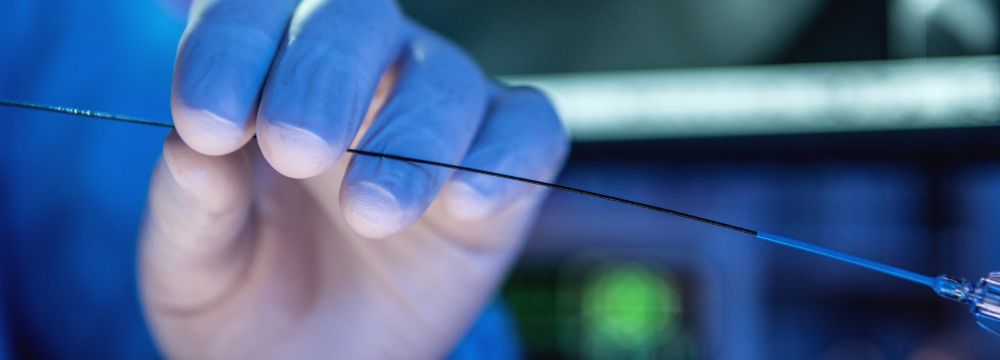
You probably haven’t seen an electrophysiology or EP lab. You may not even be able to picture it. It’s different from the operating rooms you may have been treated in or seen on TV for other surgeries. EP labs are some of the most technologically advanced operating theaters in all medicine. And there’s a good reason for that. Electrophysiology is about detecting and treating errant electrical signals in the heart. These signals cannot be seen and can only be measured with advanced instrumentation. No wonder EP labs, even at the largest of hospitals, open with great fanfare.
The Choice Between Medication & an Afib Procedure
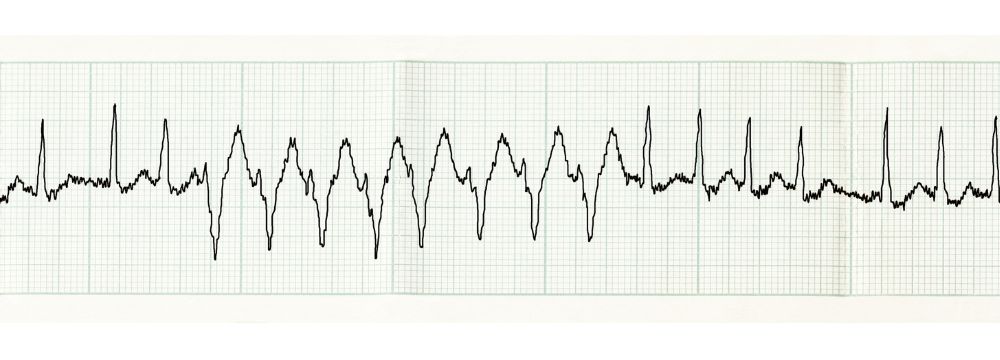 As you have undoubtedly read elsewhere on this website, cardiac arrhythmias, particularly atrial fibrillation or Afib, are prevalent and only becoming more so as our population ages and our general health declines. It is estimated that upwards of 5 million Americans suffer from Afib, many of which are undiagnosed or ignored because they may be mild and paroxysmal (occasional). However, Afib is a leading risk factor for stroke. It also increases the likelihood of a heart attack, long-term cardiovascular deterioration, and congestive heart failure.
As you have undoubtedly read elsewhere on this website, cardiac arrhythmias, particularly atrial fibrillation or Afib, are prevalent and only becoming more so as our population ages and our general health declines. It is estimated that upwards of 5 million Americans suffer from Afib, many of which are undiagnosed or ignored because they may be mild and paroxysmal (occasional). However, Afib is a leading risk factor for stroke. It also increases the likelihood of a heart attack, long-term cardiovascular deterioration, and congestive heart failure.
The Effectiveness of Medication on Stroke Risk in Afib Patients
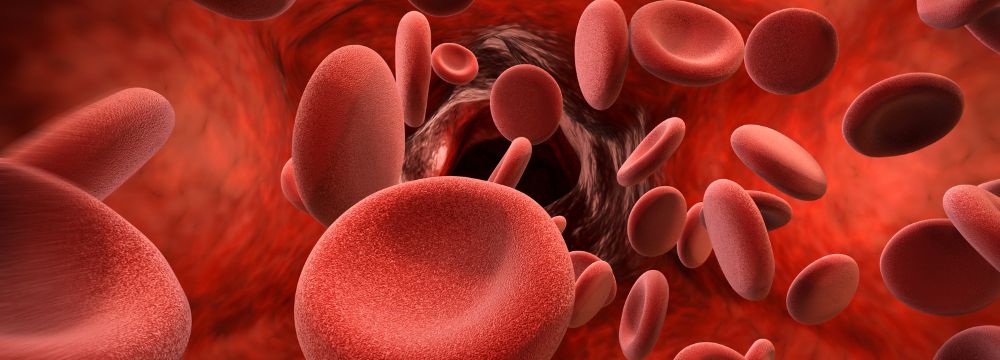
The technological advances in medicine and particularly electrophysiology are pretty stunning. Today, we perform many procedures minimally invasively – the stuff of dreams just two decades ago. However, with all the technology developed so far, we must still discuss the significant benefit of medication in patients with newly diagnosed Afib and other heart rhythm disorders.
When an EKG Simply Isn’t Enough
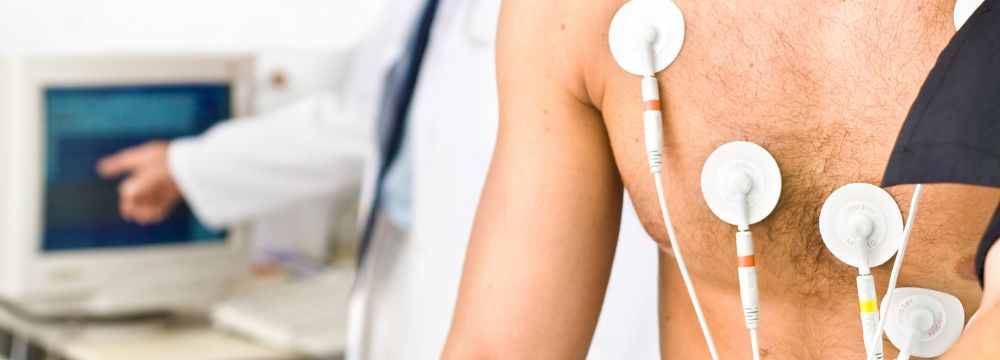
If you’ve experienced a symptomatic paroxysmal or occasional arrhythmia such as in early Atrial Fibrillation or Afib, the most common arrhythmia in the United States and worldwide, you may feel that your heart fluttered, pounded, raced, or skipped a beat. If you are experiencing this form of arrhythmia, the typical onset is early in the disease process, and you should bring it up with your primary care physician or go directly to a specialist electrophysiologist such as Dr. Moretta.
However, when visiting your PCP or other physicians that do not specialize in heart rhythm disorders, you will likely be diagnosed using an electrocardiogram or EKG. An EKG is ubiquitous in medical offices and invaluable in finding irregular heartbeats early. However, the EKG has a significant drawback – it only measures the heart rhythm at that moment. In other words, if the arrhythmia episode is not occurring while you’re hooked up to the EKG, it will register a normal heartbeat. Continue reading